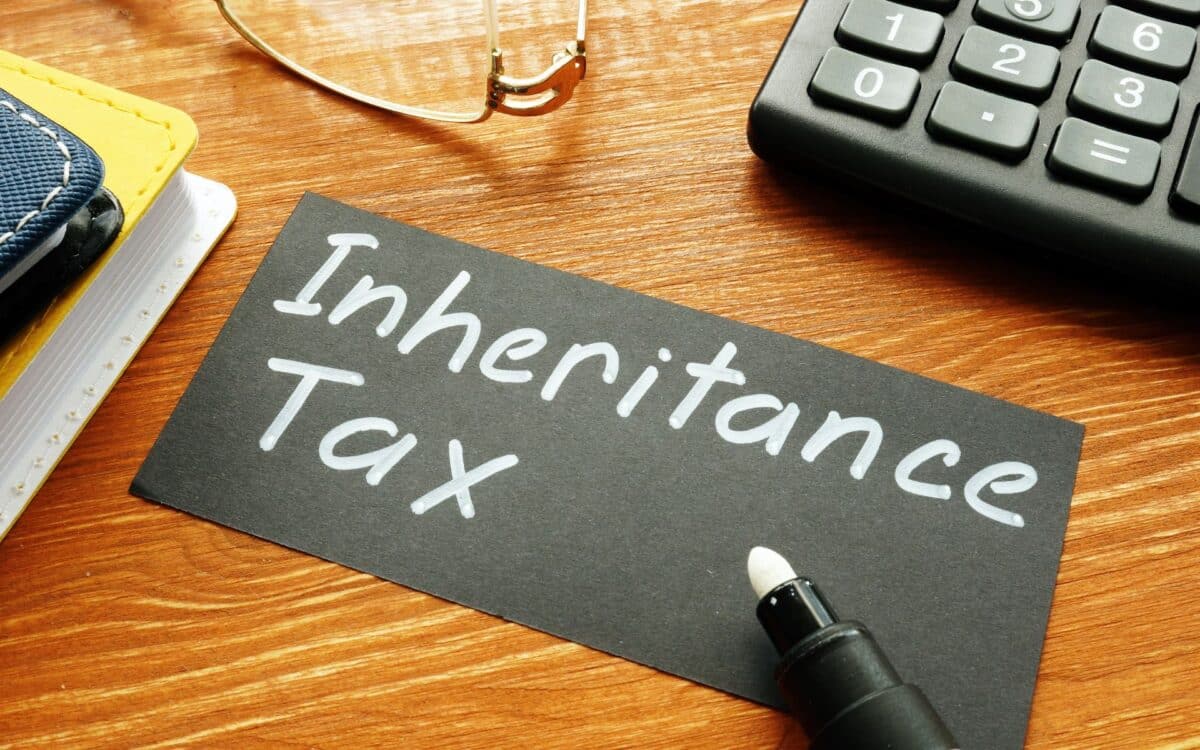Chief executive of AJ Bell, Michael Summersgill, warned that the UK government has planned inheritance tax reforms could “fundamentally undermine” the country’s pension system. In a letter to the Chancellor, as reported by the Financial Times, Summersgill expressed deep concerns about the changes, which will see inherited pensions become subject to inheritance tax from April 2027.
Major Changes to Pension Inheritance Rules
Currently, pension pots can be passed on to beneficiaries tax-free, allowing families to preserve savings for future use. However, the reforms announced in the latest Budget will impose inheritance tax on these funds, fundamentally changing how pensions are managed after death.
Summersgill described the government’s approach as “arguably the most complex and costly way of raising tax from unused pensions on death.” He highlighted the financial and administrative challenges the reforms will likely create, particularly for higher-rate taxpayers.
Potential 64% Tax on Inherited Funds
The AJ Bell chief warned that under the proposed changes, beneficiaries could face an effective tax rate of up to 64%. This figure combines both inheritance tax and income tax, significantly increasing the burden on recipients of inherited pension pots.
Additionally, Summersgill noted that the reforms would introduce delays in beneficiaries receiving their inheritance. From 2027, unused pension pots will require probate before funds can be distributed.
“At what will be an emotionally challenging time for those close to the deceased… the process of distributing much-needed support will end up stalled in a much more complicated probate process.” Chief executive of AJ Bell, Michael Summersgill.
Treasury’s Defence of the Reforms
The Treasury estimates the changes will raise £1.5 billion annually by 2030, positioning the reforms as a crucial revenue source for the government. A Treasury spokesperson defended the policy, stating: “We continue to incentivise pensions savings for their intended purpose of funding retirement, instead of them being openly used as a vehicle to transfer wealth.”
Despite this justification, the changes represent one of the most significant overhauls to pension inheritance rules in recent years, sparking concerns about their fairness and long-term impact on families.
Broader Fiscal Parallels: Car Tax Reforms
In a similar vein, UK drivers are preparing for a significant overhaul in car tax rates set to begin in April 2025. Announced by Chancellor Rachel Reeves, these changes will sharply increase taxes on high-emission vehicles while maintaining minimal rates for zero-emission cars. The reforms are intended to accelerate the shift to greener transportation and align with the government’s environmental objectives.
Alternative Proposals from AJ Bell
Summersgill proposed a different approach to pension taxation. He suggested closing a current loophole that allows beneficiaries to avoid income tax on pension pots when the pension holder dies before the age of 75. This, he argued, could achieve the government’s goals without imposing undue burdens on families.









